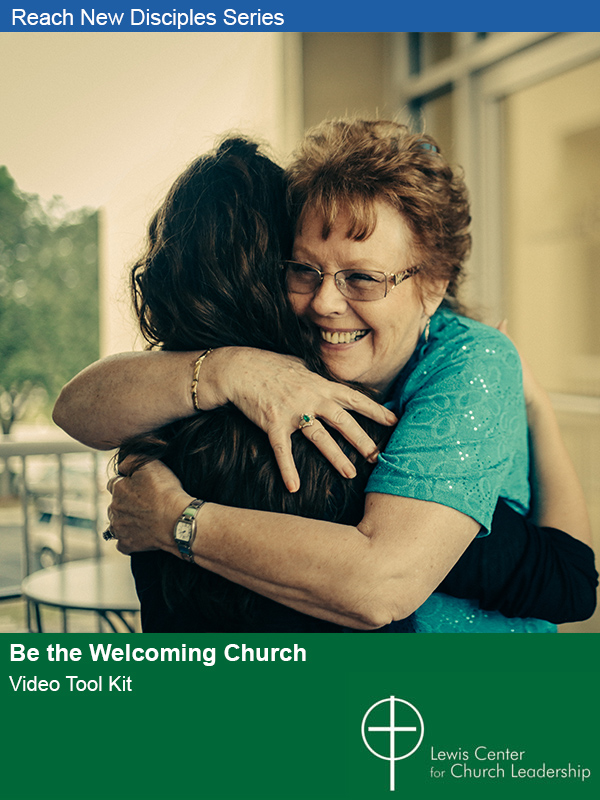Lovett Weems considers Robin Gill’s supposition that people tend to belong to religious communities before coming to belief rather than the other way around.
Robin Gill, an English ethicist and theologian, contends that in matters of faith, belonging is primary. A more intellectualized approach to faith tells us that people first believe and then they come to belong. Gill is convinced that it is the other way around. People belong and then they believe. He set out to test his assumption against research data.
“Lapsed” Christians
He discovered a major survey of “lapsed members” conducted by Methodists in Great Britain in the 1960s. Unfortunately, the material was not used at the time. In reviewing the data, Gill found that out of hundreds interviewed, only two mentioned loss of faith or belief as the reason for their lapsing. A mixture of apathy and mobility was the recurrent theme, but not a crisis of belief.
Using a less scientific approach, a Methodist preacher went into pubs and bingo halls with a few simple questions and talked with over a thousand persons. He found that in Wales, for example, only one in five persons were regular churchgoers. However, four out of five had gone to Sunday School as children and most showed “considerable affection” for the churches. Not one mentioned disbelief as the reason for not going to church now.
Newly Active Christians
When those who recently became active Christians are questioned, Gill points out, belief is seldom mentioned as the starting point of their new Christian life. Most people come to faith over a period of time, he says. Many are returning to a faith they knew as children. Usually they are encouraged to return to church by another person, a friend or family member.
Seldom, he maintains, do people have an intellectual conversion to Christian belief followed by a change of religious practice. Instead, belief tends to follow a period of “belonging and half believing.”
What difference does it make?
Gill contends that the myth in England has been that people quit believing and then they stopped belonging. He feels the data shows just the opposite. People lost their sense of belonging in the churches long before loss of belief. He thinks that it is only in the last thirty years or so that real loss of belief has shown measurable decline. “A collapse in belonging,” he says, “has been followed (not preceded) by a gradual decline in belief.”
Gill does not intend to undervalue belief as a “peripheral concern.” His point is not that Christian belief should be treated as unimportant. It is, simply, that “it is the wrong starting point for mission. Belief needs to be nurtured and shaped by worshipping communities.” The priority, he maintains, should be to foster worshiping communities of belonging where belief can grow and mature. There need to be many entry points for belonging that can lead to believing.
Reference: A Vision for Growth by Robin Gill, London, SPCK, 1994.
Related Resources
- Spiritual but Not Religious. Really? Lovett H. Weems, Jr.
- 7 Steps for Making Disciples Through Relational Mentoring Ken Carter And Audrey Warren
- 50 Ways To Strengthen Adult Education







